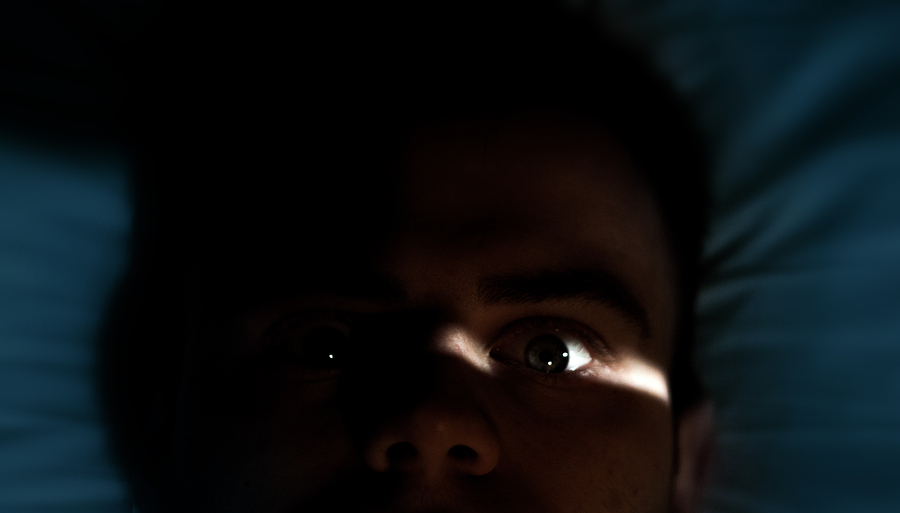
It is common for people who abuse alcohol to experience disrupted sleep and end up in a vicious cycle of insomnia and addiction. Sleep disorders and substance abuse often go hand in hand as mind altering chemicals can make it harder for the body to function normally and get the rest it needs. Sleep problems tend to exacerbate substance abuse and vice versa because the two problems are so closely related.
For someone that doesn’t have a sleep disorder, they will typically experience regular patterns in their periods of sleep and go through the two phases of REM and non-REM sleep. The process of sleep is dictated by an interaction of chemicals in the brain including norepinephrine and serotonin. Alcohol abuse can affect the level of chemicals in your brain which can begin to disrupt sleep patterns and lead to insomnia.
People with insomnia might be able to fall asleep initially be self-medicating with alcohol but over time it will make it harder for them to maintain regular sleeping patterns. Alcohol is actually one of the most commonly used substances for insomnia with 28 percent of those with the sleep disorder using alcohol to help them fall asleep. People with insomnia are also more likely to develop issues with alcoholism.
In order to recover from an alcohol addiction it is important to treat issues of insomnia as the two problems can influence one another. An addict in recovery will need to address their sleep disorder as having disrupted sleep can trigger cravings and a potential relapse. There are many methods for improving sleep patterns such as the use of supplements, relaxation techniques and getting the right amount of nutrition and exercise.
One of the most important things a person can do for their health and their sleep is to maintain their sobriety. Fortunately quitting alcohol abuse and living a healthier lifestyle may significantly improve sleep patterns.